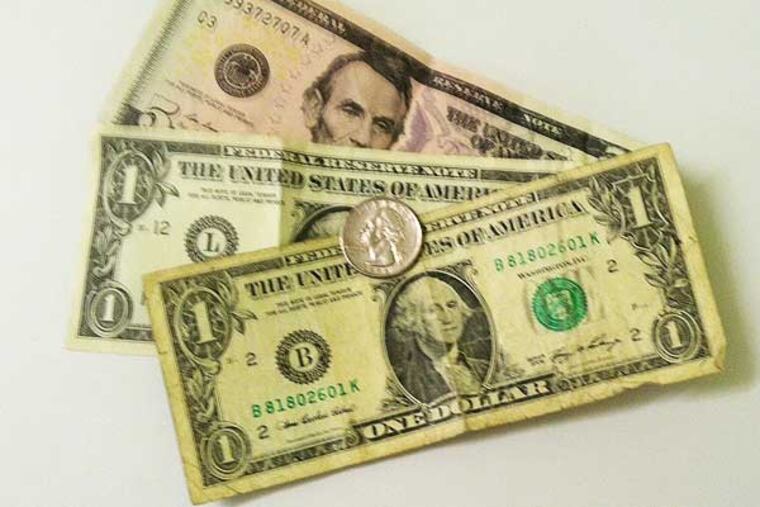Some exempted from minimum wage, increased or not
WASHINGTON - Some low-paid workers won't benefit even if a long-shot Democratic proposal to raise the federal minimum wage becomes law.

WASHINGTON - Some low-paid workers won't benefit even if a long-shot Democratic proposal to raise the federal minimum wage becomes law.
More than a dozen categories of jobs are exempt from the minimum, currently $7.25 an hour. Those exclusions, rooted in labor law history, run from some workers with disabilities to crews on fishing ships to casual babysitters.
Legislation sponsored by Sen. Tom Harkin (D., Iowa) would gradually raise the minimum to $10.10 by 2016. The Congressional Budget Office estimates it would mean higher earnings for 16.5 million workers - but also would cost 500,000 others their jobs.
Harkin's measure wouldn't eliminate exemptions, including for live-in companions for the elderly, staffs of state and local elected officials and jobs at summer camps and seasonal amusement parks.
The federal Bureau of Labor Statistics says nearly 1.8 million hourly workers were paid below $7.25 last year - about 2 percent of the 76 million Americans earning hourly wages. An additional 1.5 million earned exactly $7.25.
Some earning under that amount are covered by lower requirements. In one major category, wages for tipped employees such as waiters can be as low as $2.13 hourly, as long as their pay reaches the overall federal minimum when tips are included.
Harkin's measure would gradually raise the minimum for tipped workers to 70 percent of the minimum for most workers.
Asked why he wasn't eliminating more exemptions, Harkin said, "I'm having a hard enough time getting votes for the minimum wage" by itself.
According to the statistics bureau, most people earning under $7.25 - nearly 1.1 million - work in food services and drinking establishments.
The bureau and the Labor Department's Wage and Hour Division said they had no figures on how many workers were illegally paid less than $7.25.
Though Democrats say higher-paid workers would help the economy by spending more, Republicans point to projections that an increase in the minimum wage could cost some workers their jobs. That negative prediction is based on the idea that higher wages would bring higher prices and therefore hurt the economy and employment - and also on an assumption that a minimum-wage increase would lead some businesses to trim the number of low-paid workers.
Harkin, whose bill is set for Senate debate this month, said there has been "no push" from most exempted groups for minimum-wage coverage. Of the excluded groups, the loudest objections have probably come from those representing the disabled.
Employers receiving government certification can employ disabled people at below the minimum wage, paying whatever they determine reflects a worker's productivity.